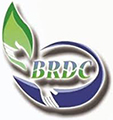Case Study
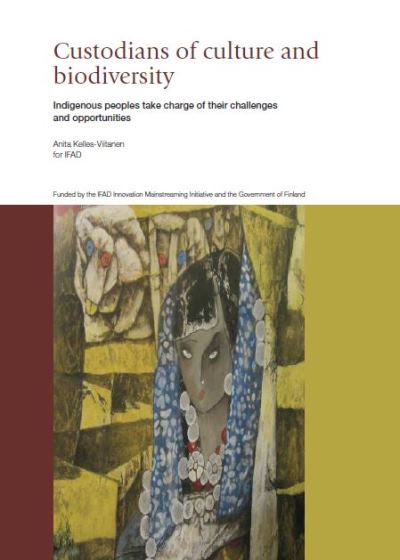
Custodians of Culture and Biodiversity: Indigenous Peoples Take Charge of Their Challenges and Opportunities
2023
Author(s): Kelles-Viitanen A
The study provided an overall country analysis of the needs of indigenous peoples and the solutions they propose to tackle rural poverty and gender.
This study provides a preliminary analysis of boarding school policies directed at indigenous peoples globally. Because of the diversity of indigenous peoples and the nation-states in which they are situated, it is impossible to address all the myriad boarding school policies both historically and contemporary.
Minding Culture: Case Studies on Intellectual Property and Traditional Cultural Expressions
2003
Author(s): Janke T
This study presents specific and actual examples where Indigenous Australians have explored and used intellectual property laws to protect their arts and cultural expressions.
National Experiences with the Protection of Expressions of Folklore/ Traditional Cultural Expressions: India, Indonesia, the Philippines
2002
Author(s): Kutty PVVG
The study examined the effective protection of folklore so as to derive directions for future work in the field and to assess the relevance of the Model Provisions already drawn up for framing legislation.
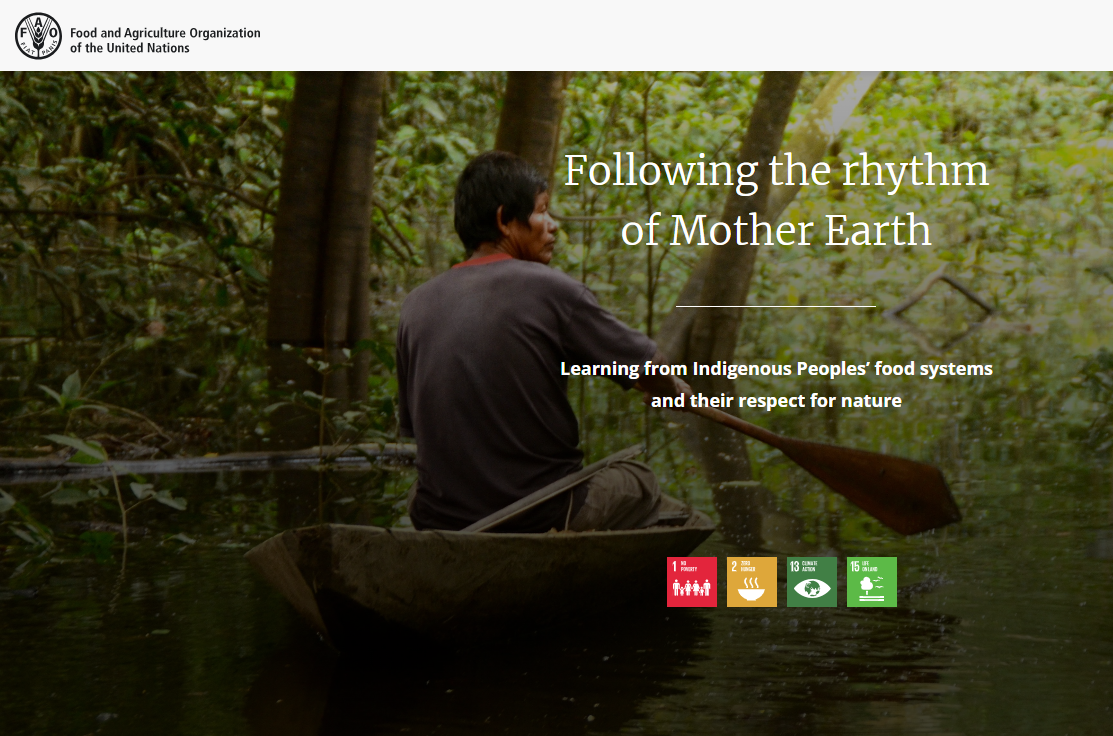
Following The Rhythm of Mother Earth Learning From Indigenous Peoples’ Food Systems and Their Respect for Nature
2021
Author(s): Food and Agriculture Organization of the United Nations
To obtain food according to each season, the Tikuna, Cocama and Yagua peoples combine different practices, such as fishing, hunting and chagras farming, an ancestral, diversified productive system in which annual and perennial species are cultivated and where trees are selectively cut and burned to replicate healthy forest succession.
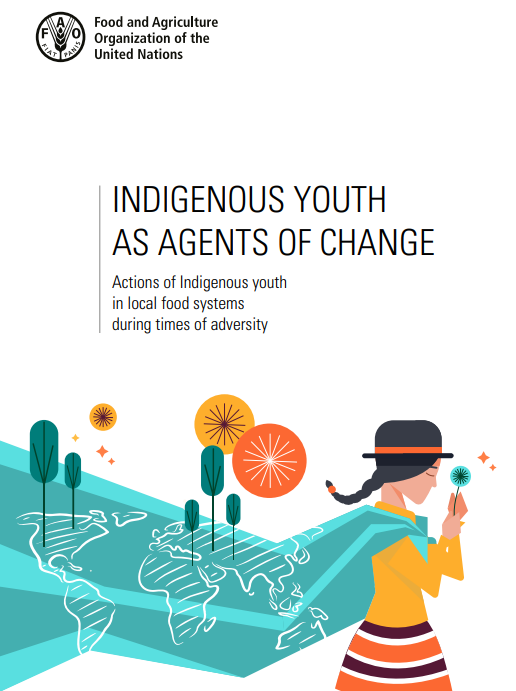
Indigenous Youth as Agents of Change :Actions of Indigenous Youth in Local Food Systems During Times of Adversity
2021
Author(s): Uffelen AV, Tanganelli E, Gerke A, Bottigliero F, Drieux E, Fernández-de-Larrinoa Y, Milbank C, Sheibani S, Strømsø I,Way M, Bernoux M
The following publication "Indigenous youth as agents of change - Actions of Indigenous youth in local food systems during times of adversity" highlights six initiatives from Indigenous youth in regions around the world who are leading innovative solutions and collaborations in the face of adversity brought about by climate change and exacerbated by the ongoing COVID-19 pandemic.
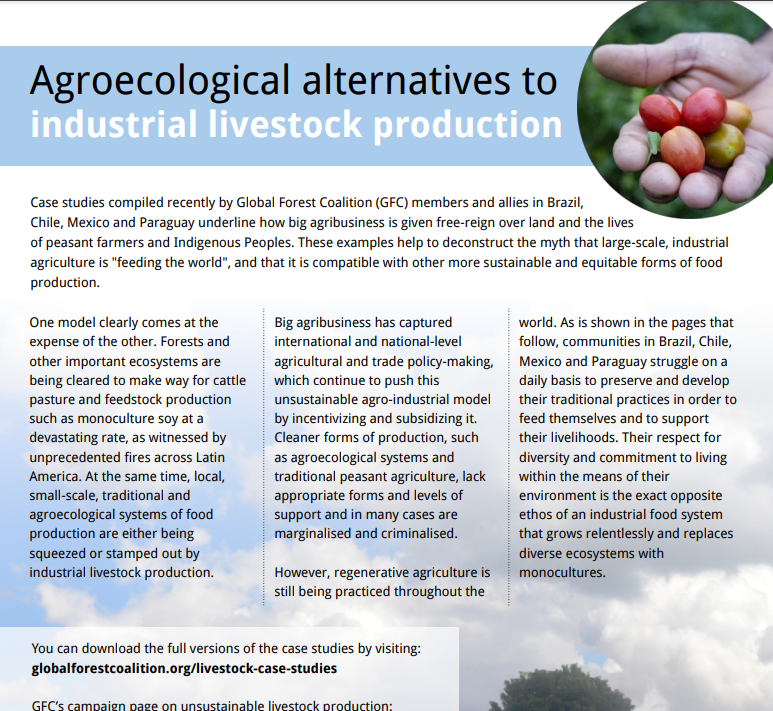
Agroecological Alternatives to Industrial Livestock Production
2019
Author(s): Global Forest Coalition (GFC)
This Case studies compiled recently by Global Forest Coalition (GFC) members and allies in Brazil, Chile, Mexico and Paraguay underline the role of agribusiness in peasant farmers´ and Indigenous Peoples´ lives.
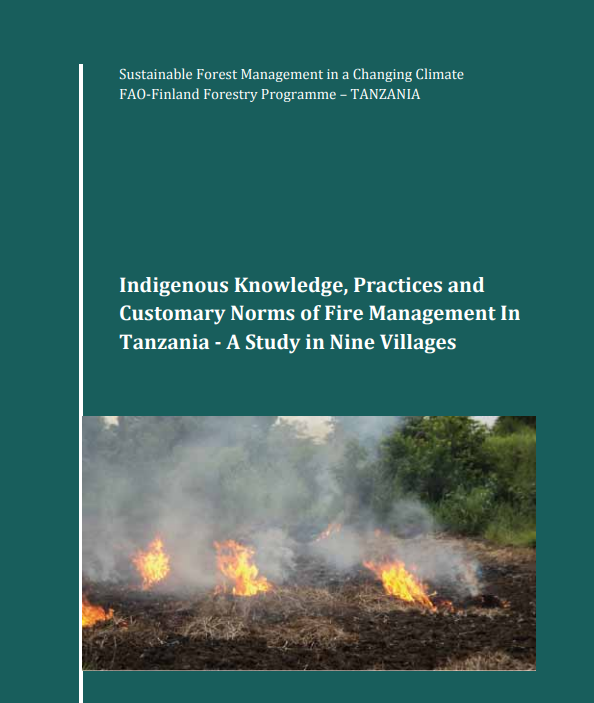
Indigenous Knowledge, Practices and Customary Norms of Fire Management In Tanzania-A Study in Nine Villages
2013
Author(s): Salaam DE
This study was intended to establish a thorough understanding on the existing indigenous knowledge, practices and customary norms (IKPC) on fires in Tanzania in order to establish a basis for how, when, where and why communities in the nine study sites use fires.

Okavango Delta : Recognizing Cultural Heritage in a Natural Site
2020
Author(s): Andrias LM
Indigenous peoples’ organizations, the Indigenous Peoples of Africa Co-ordinating Committee (IPACC) led successfully a consultation and mobilization process for the San to be recognized as the indigenous peoples of the Okavango Delta during its inscription of the delta as a Natural World Heritage Site.

Indigenous Peoples’ Rights to Lands, Territories, and Resources
2013
Author(s): Feiring B
This study assesses the international instruments, mechanisms, UN bodies, and other regional and global initiatives that address concerns relating to indigenous lands, territories, and resources.

